CURRENCY
BUSINESS OPPORTUNITIES IN SOUTH SUDAN
SOUTH SUDAN
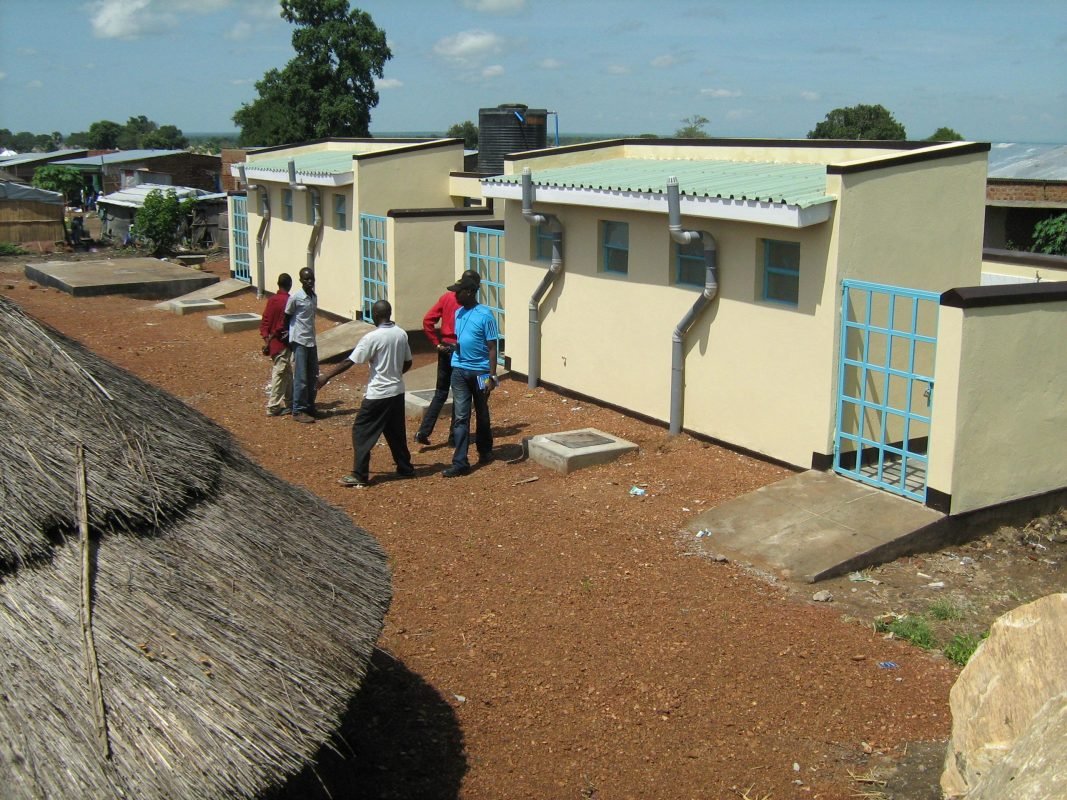

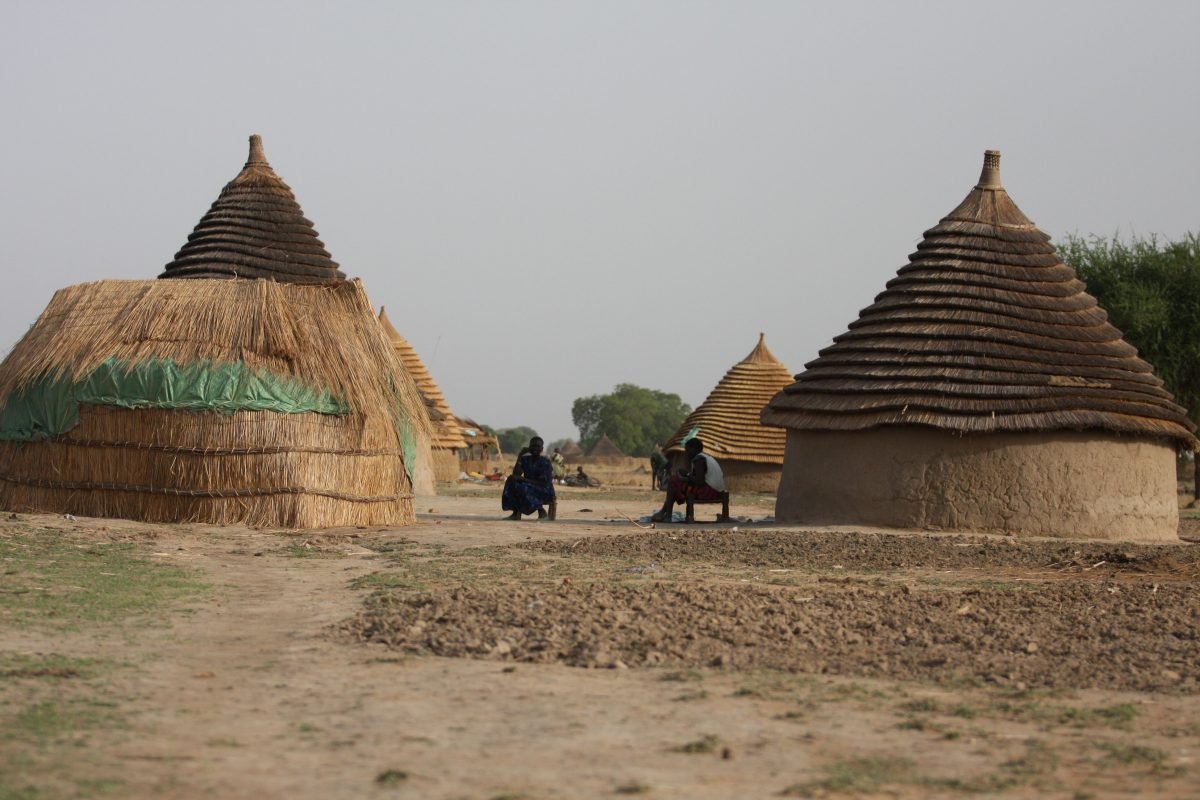
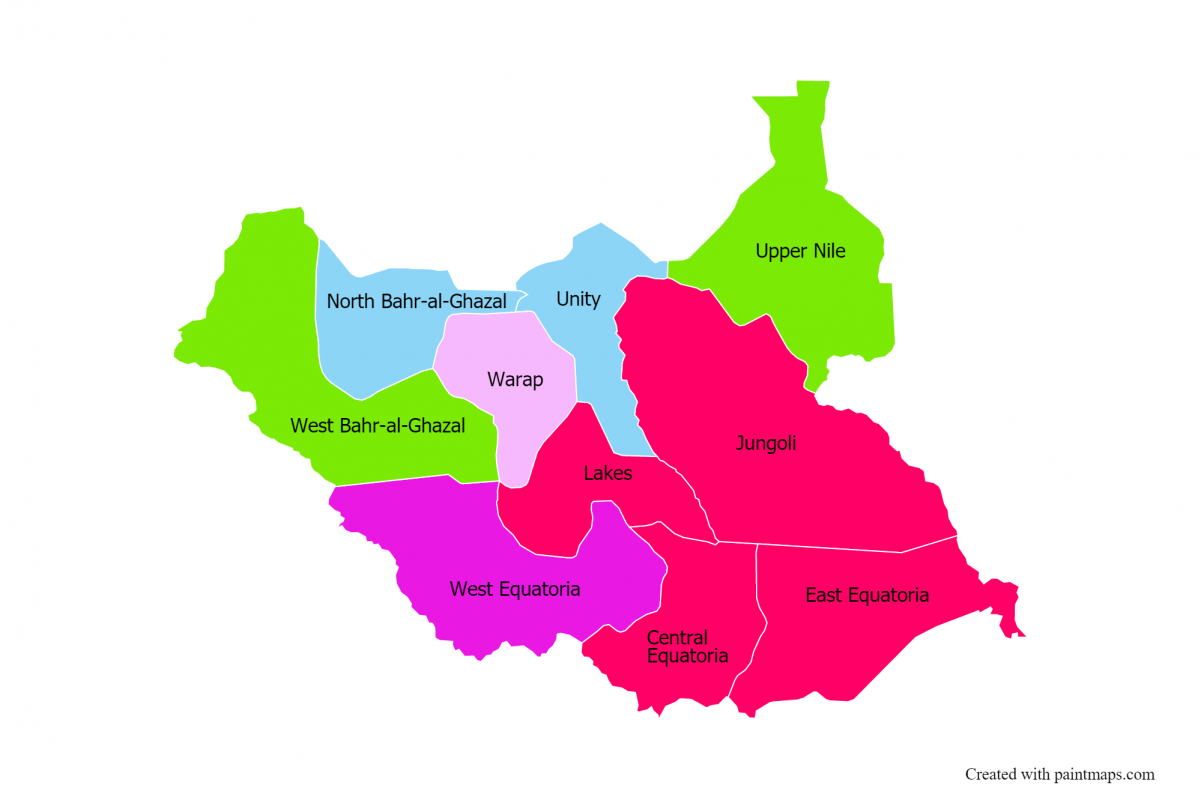
FLAG
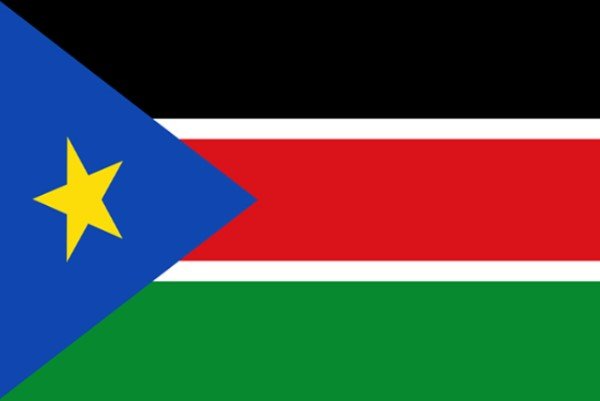
SOUTH SUDAN
CAPITAL CITY
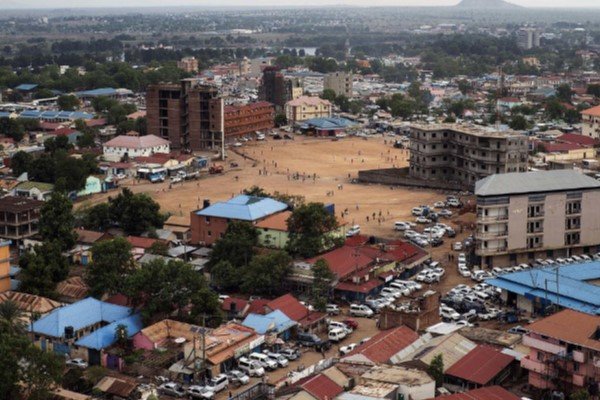
JUBA
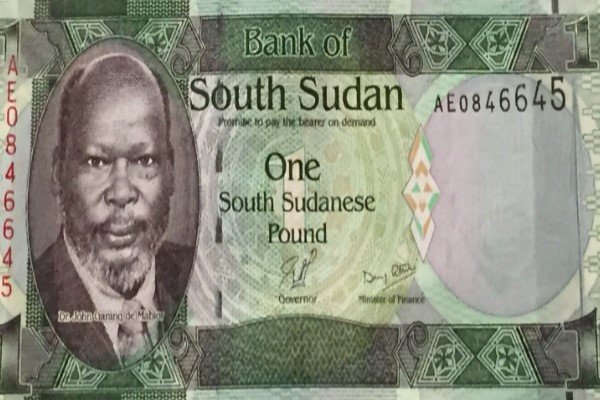
SOUTH SUDANESE POUND
Language

Population

1.13 CRORES
Country
Calling Code

+211
LOCATION:
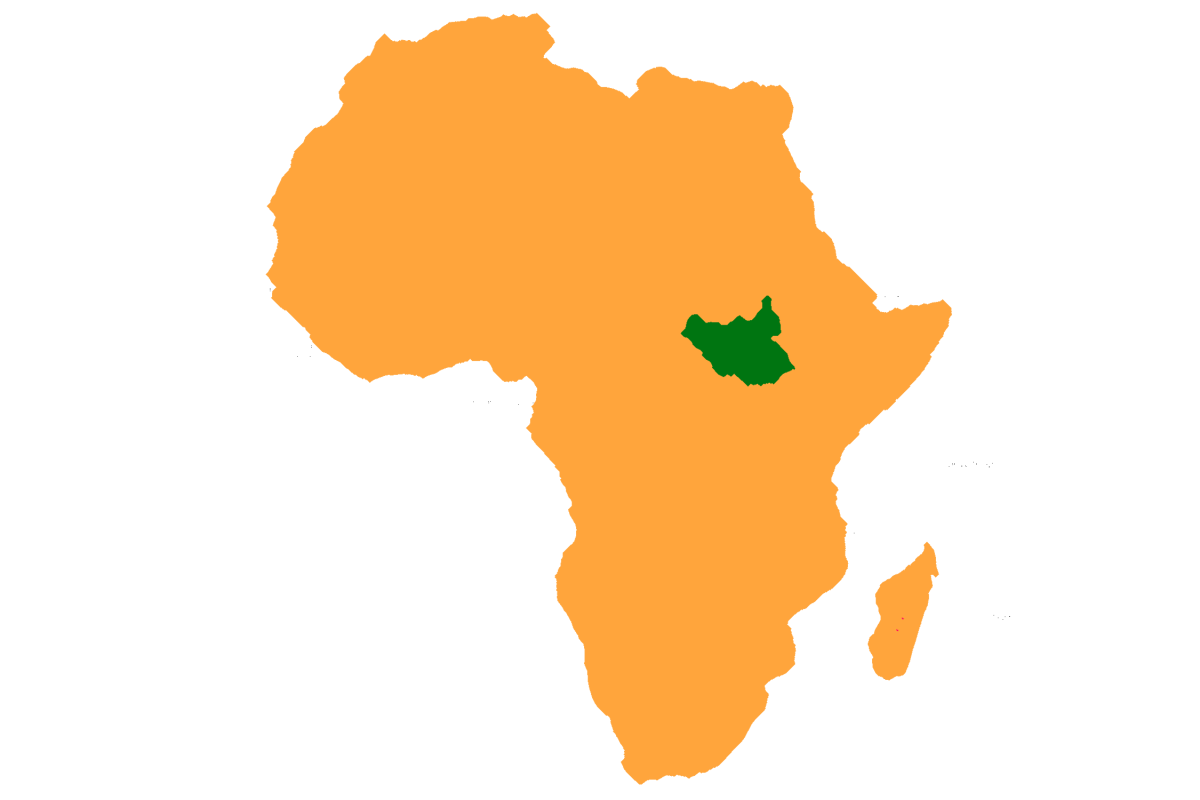
North Africa
BORDER COUNTRIES:
ETHIOPIA
KENYA
UGANDA
CONGO
CENTRAL AFRICAN REPUBLIC
ABOUT SOUTH SUDAN
Amongst all the countries in the African continent, South Sudan, officially the Republic of South Sudan, is a landlocked nation located in the Horn of Africa. It holds the distinction of being one of the world’s youngest countries. The capital of South Sudan is Juba, which is its largest and most populated city, serving as a pivotal administrative and economic hub. According to the report of the World Bank, South Sudan is classified as a Low-Income Nation, currently in a critical phase of post-conflict reconstruction and development. The currency of South Sudan is the South Sudanese Pound (SSP), and the value of 1 Indian Rupee is approximately 52.37 South Sudanese Pounds as of today’s exchange rates (June 2025). The population of South Sudan is estimated to be around 11.5 million in 2024. Its neighbouring countries are Sudan to the north, Ethiopia to the east, Kenya to the southeast, Uganda to the south, the Democratic Republic of the Congo to the southwest, and the Central African Republic to the west. The official language of the country is English, while major indigenous languages like Dinka, Nuer, and Bari are widely spoken, alongside Arabic. The overwhelming majority of the South Sudanese population practices Christianity, with traditional African beliefs also prevalent. Currently, South Sudan has several international airports, including Juba International Airport, which facilitates vital air travel and connectivity to various parts of the world. As a landlocked country, South Sudan relies on its neighbours’ seaports (such as Port Sudan or Mombasa in Kenya) for international trade, though it utilizes river ports along the Nile for domestic transport.
The corporate income tax rate in South Sudan is generally 30% for companies. However, investors should note that the tax framework is still evolving as the country progresses towards greater stability. Opesh Group of companies will be helping you in completing the Due Diligence process which includes financial planning, registration process, business options, and if required, even helping you find a rental property for your office.
Establishing a business in South Sudan requires careful navigation of its developing legal landscape. The Companies Act, 2012, governs company registration procedures. A foreign investor planning to start a business in South Sudan can typically form company types such as a Limited Liability Company (LLC) or a Branch Office. It is crucial to understand that while a foreigner can register a company, 100% foreign ownership is generally not permitted in all sectors; there may be a requirement to cede at least 31% ownership to a local South Sudanese citizen, as per some existing interpretations and regulations. Opesh Group will provide comprehensive guidance through these specific requirements to ensure compliance.
In case an investor is planning to establish an LLC in South Sudan or a corporation business setup, Opesh Group will be helping you in taking the right decision for setting up your business in South Sudan and we will also guide you about how to follow the procedure while formulating your company in South Sudan.
Types of Business which can be started in South Sudan:
- Oil & Gas: South Sudan is heavily reliant on oil revenues, possessing significant crude oil reserves. Opportunities exist in oil production, exploration, and associated services, though overcoming existing infrastructure challenges is key.
- Agriculture & Agribusiness: With vast tracts of fertile land and abundant water resources from the White Nile, there’s immense, largely untapped potential in crop production (e.g., maize, sorghum, rice), livestock farming, and agro-processing. This sector offers significant long-term growth.
- Livestock & Fisheries: Livestock forms a cornerstone of the economy. Opportunities include improving animal health, modernizing meat processing, dairy production, and export. The vast White Nile also provides a fertile ground for freshwater fishing and aquaculture development.
- Infrastructure & Construction: Due to years of conflict, there’s a critical and urgent need for rebuilding and developing basic infrastructure across the country. Opportunities are vast in constructing roads, bridges, public buildings, and comprehensive urban development projects.
- Telecommunications & ICT: While growing, there’s a very high demand for expanded mobile connectivity, reliable internet services, and innovative digital solutions. Opportunities exist in network expansion, mobile money services, and general IT support and development.
- Mining: South Sudan is believed to be rich in various untapped mineral resources, including gold, diamonds, copper, and iron ore. This sector holds considerable long-term potential as security improves and more geological surveys are conducted.
- Energy (Renewables): With limited existing grid electricity, there is significant potential for renewable energy solutions, particularly solar and hydro power projects. Investors can focus on developing these green energy sources to provide much-needed power to communities and industries.
- Basic Consumer Goods Manufacturing: Given the high reliance on imports for everyday items, there’s significant potential for local manufacturing of essential goods like beverages, processed foods, and basic household items. This offers a clear path for import substitution.
Advantages of Starting Business in South Sudan:
- Vast Untapped Resources: South Sudan possesses significant oil, mineral, and agricultural potential that remains largely unexploited, offering considerable long-term growth prospects for investors.
- Massive Reconstruction Needs: The post-conflict environment translates into a huge demand for infrastructure development, housing, and basic services, providing numerous entry points for businesses in construction and service provision.
- Young and Growing Population: A large and youthful demographic provides both a potential workforce and a growing consumer market, indicating future demand for goods and services.
- Strategic Location: Its position within East Africa, bordered by several countries, offers potential for regional trade and connectivity once internal stability further solidifies.
- Government Focus on Development: The transitional government is keen to attract foreign investment for economic recovery, diversification, and nation-building efforts, often offering a supportive environment.
Business Opportunities for Indians in South Sudan:
There are excellent business opportunities in South Sudan for new investors who are planning to start their business abroad. As South Sudan continues its path towards greater stability and economic reconstruction, it is increasingly opening its doors to foreign businesses and investors. Indian investors, with their proven expertise in infrastructure, manufacturing, pharmaceuticals, and agriculture, can find significant opportunities. There’s a particular and urgent demand for basic consumer goods, construction materials, and essential services that Indian businesses are well-placed to provide.
Imports & Exports:
Many goods are imported and exported from South Sudan. The imports and exports business is an ever-growing business in any country; however, you need to do proper R&D before investing in that product which you can import or export. You need to check whether that product is suitable for your target market and how much revenue you will be able to generate from that market.
Major items which are exported from South Sudan to India:
- Crude Petroleum Oil (the dominant export)
- Timber
- Some agricultural products (e.g., gum arabic)
Major items which are imported in South Sudan from India:
- Food items (especially rice, sugar)
- Pharmaceutical products
- Vehicles (motorcycles, three-wheelers, commercial vehicles)
- Consumer goods
- Machinery and equipment
- Textiles
Manufacturing:
Opportunities in manufacturing are primarily in light industries focused on import substitution. This includes basic food processing (e.g., beverages, sugar), simple construction materials, and potentially consumer goods, to meet local demand that is currently highly reliant on imports from neighbouring countries.
Mining:
The mining sector holds significant long-term promise. South Sudan is believed to have substantial reserves of gold, diamonds, copper, iron ore, and other minerals. While largely undeveloped due to past challenges, the potential for future exploration and extraction is considerable for strategic investors.
Major Indian companies which are currently working in South Sudan:
While comprehensive data on large-scale Indian corporate presence might still be nascent compared to more stable African economies, Indian businesses have a presence, particularly in:
- Pharmaceuticals: Indian pharma companies are key suppliers of essential medicines and healthcare products.
- Trade: Indian traders play a significant role in the import and distribution of various essential goods.
- Hospitality/Retail: Some Indian investors operate hotels, supermarkets, and restaurants, especially in urban centers like Juba.
- Construction/Services: Indian companies have been involved in various projects, including borehole drilling and supplying to UN agencies and NGOs.
- GDP = $10.97 billion (2023 est.)
- GDP Growth = 4.2% (2023 est.)
- Ease of doing business rank = 190 (2017 – Note: This is an older ranking and indicates significant challenges, but reforms and stability efforts are ongoing, which may improve the business environment.)
- GDP per Capita = $597 (2023 est.)
Thanks for reading this Article. Watch our Video and know more about South Sudan. For any Business Enquiry Join Millionaire Program and change everything in life and Business.. Call/ WhatsApp +91- 8094607111.
MOST RECENT VIDEOS
SIGN UP TODAY
Get our exclusive content and offers in your inbox











